King Charles under scrutiny over pro-homeopathy doctor
Appointment of head of the royal medical household is 'worrying and inappropriate', say campaigners
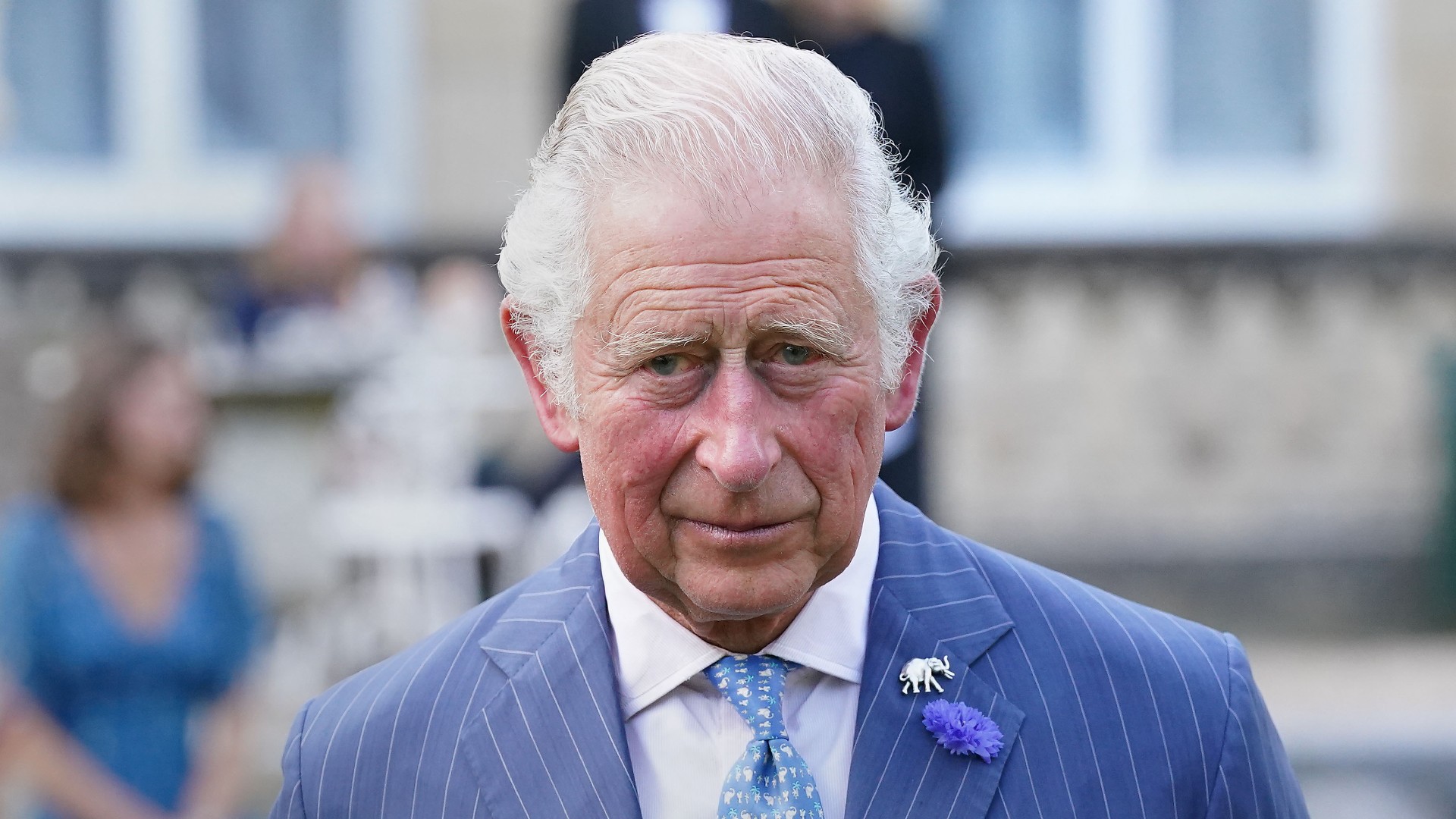
A free daily email with the biggest news stories of the day – and the best features from TheWeek.com
You are now subscribed
Your newsletter sign-up was successful
King Charles is facing criticism for appointing as head of the royal medical household a doctor who has advocated for homeopathic remedies and claimed that Christian healers may be able to help the chronically ill.
Dr Michael Dixon, "a champion of faith healing and herbalism", has "quietly" held the senior position for the last year, revealed The Sunday Times.
While it is the first time the role has not included acting as the monarch's personal physician, duties include managing a team of doctors at Buckingham Palace, having overall responsibility for the health of the King and the wider royal family, "and even representing them in talks with government", said The Guardian.
The Week
Escape your echo chamber. Get the facts behind the news, plus analysis from multiple perspectives.

Sign up for The Week's Free Newsletters
From our morning news briefing to a weekly Good News Newsletter, get the best of The Week delivered directly to your inbox.
From our morning news briefing to a weekly Good News Newsletter, get the best of The Week delivered directly to your inbox.
'A less orthodox choice'
A "less orthodox choice" than his predecessors, Dixon is "one of the nation's most outspoken advocates of alternative medicine, including homeopathy", said The Sunday Times.
Dixon has long championed non-traditional treatments being made available on the NHS, including "thought field therapy", aromatherapy and reflexology, and has written papers arguing that Christian healers, however "unfashionable", may be able to help the chronically ill, reported the paper. He has also claimed the effects of homeopathy "may be real", citing a test tube experiment that suggested Indian herbal cures diluted with alcohol could kill breast cancer cells, added The Sunday Times.
While Dixon is yet to personally respond to the revelations, a Palace spokesperson denied that the doctor believes homeopathy can cure cancer. "His position is that complementary therapies can sit alongside conventional treatments, provided they are safe, appropriate and evidence based," they said. The Palace described him as a "practising GP" and fellow of the Royal College of GPs and Royal College of Physicians.
'Complementary medicine means precisely what it says'
Dixon and the King, who have known each other for decades, have "both been criticised for their support for homeopathy", said The Telegraph.
A free daily email with the biggest news stories of the day – and the best features from TheWeek.com
Homeopathic remedies have not been available through the NHS since 2017, after its then chief executive Lord Stevens described them as "at best a placebo and a misuse of scarce NHS funds".
News of Dixon's appointment has therefore been described as "worrying and inappropriate by academics and campaigners", The Guardian reported. Michael Marshall, project director at the Good Thinking Society, which promotes scientific scepticism, told the paper the move "isn't appropriate" and suggested the King might still be supporting complementary medicine behind the scenes.
"The whole promotion of alternative medicine undermines the trust in real medicine," said Graham Smith, chief executive of the campaign group Republic. Putting Dixon in place is "really irresponsible" and "raises questions" about the King's judgement.
The Palace said the King's position on "complementary therapies, integrated health and patient choice" was well documented when he was Prince of Wales. "In his own words: 'Nor is it about rejecting conventional medicines in favour of other treatments: the term 'complementary' medicine means precisely what it says'."
-
 How the FCC’s ‘equal time’ rule works
How the FCC’s ‘equal time’ rule worksIn the Spotlight The law is at the heart of the Colbert-CBS conflict
-
 What is the endgame in the DHS shutdown?
What is the endgame in the DHS shutdown?Today’s Big Question Democrats want to rein in ICE’s immigration crackdown
-
 ‘Poor time management isn’t just an inconvenience’
‘Poor time management isn’t just an inconvenience’Instant Opinion Opinion, comment and editorials of the day
-
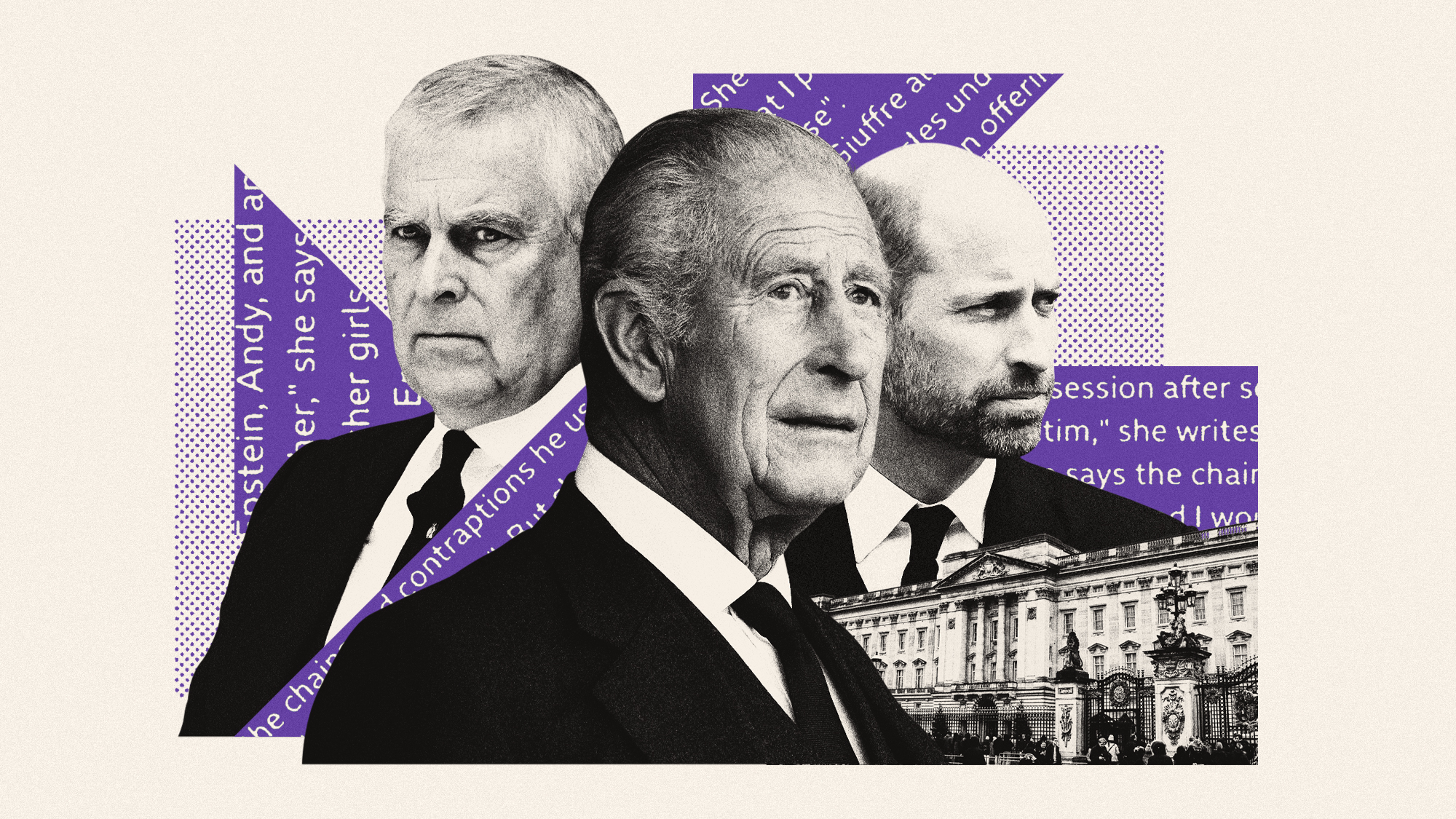 Prince Andrew: is the royal family doing enough?
Prince Andrew: is the royal family doing enough?Today’s Big Question King Charles faces calls for tougher action against Andrew after latest allegations about Virginia Giuffre and Jeffrey Epstein
-
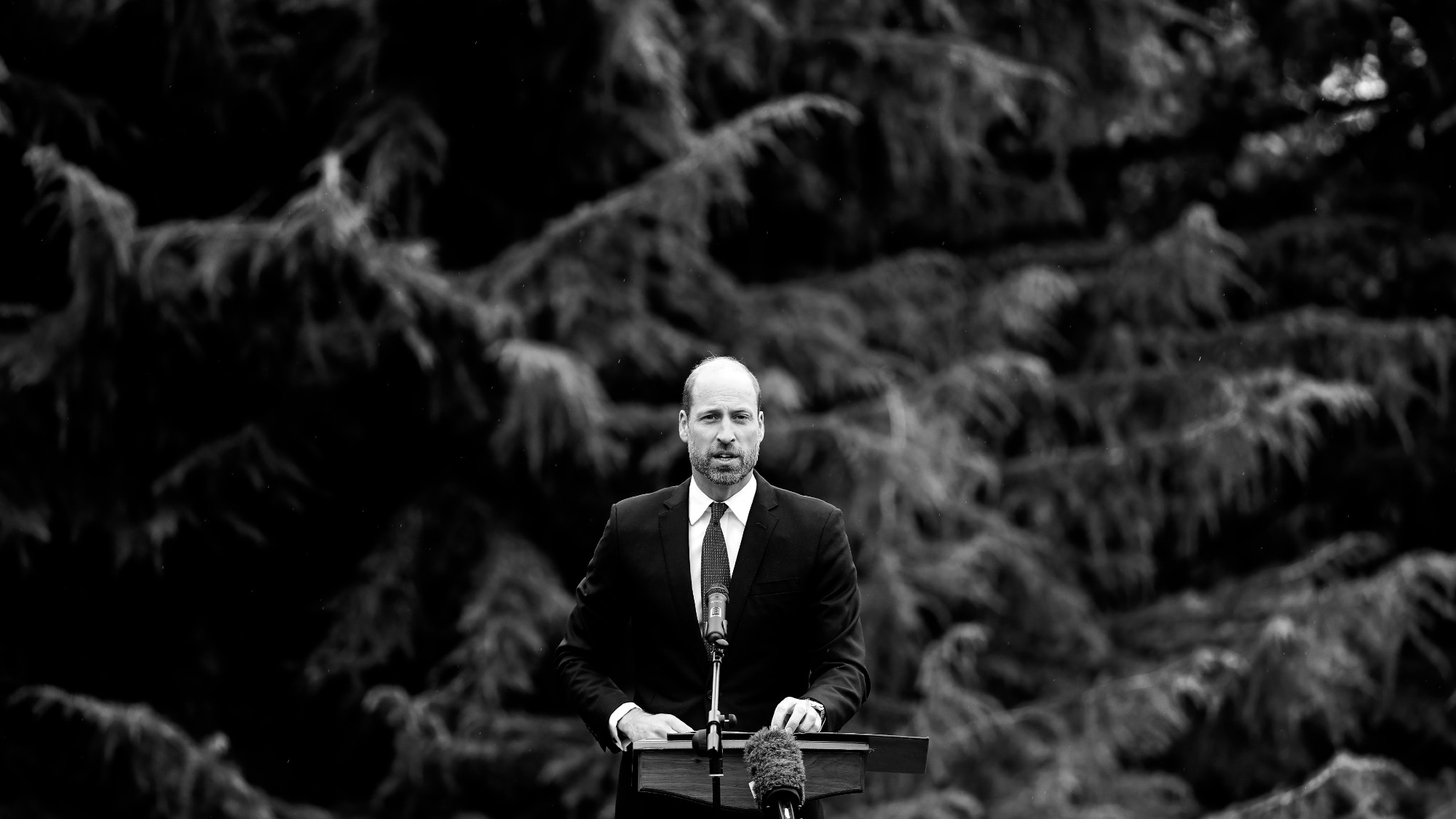 What will William be like as king?
What will William be like as king?Today's Big Question Prince of Wales said he won’t be ‘restricted’ by history when he takes the throne
-
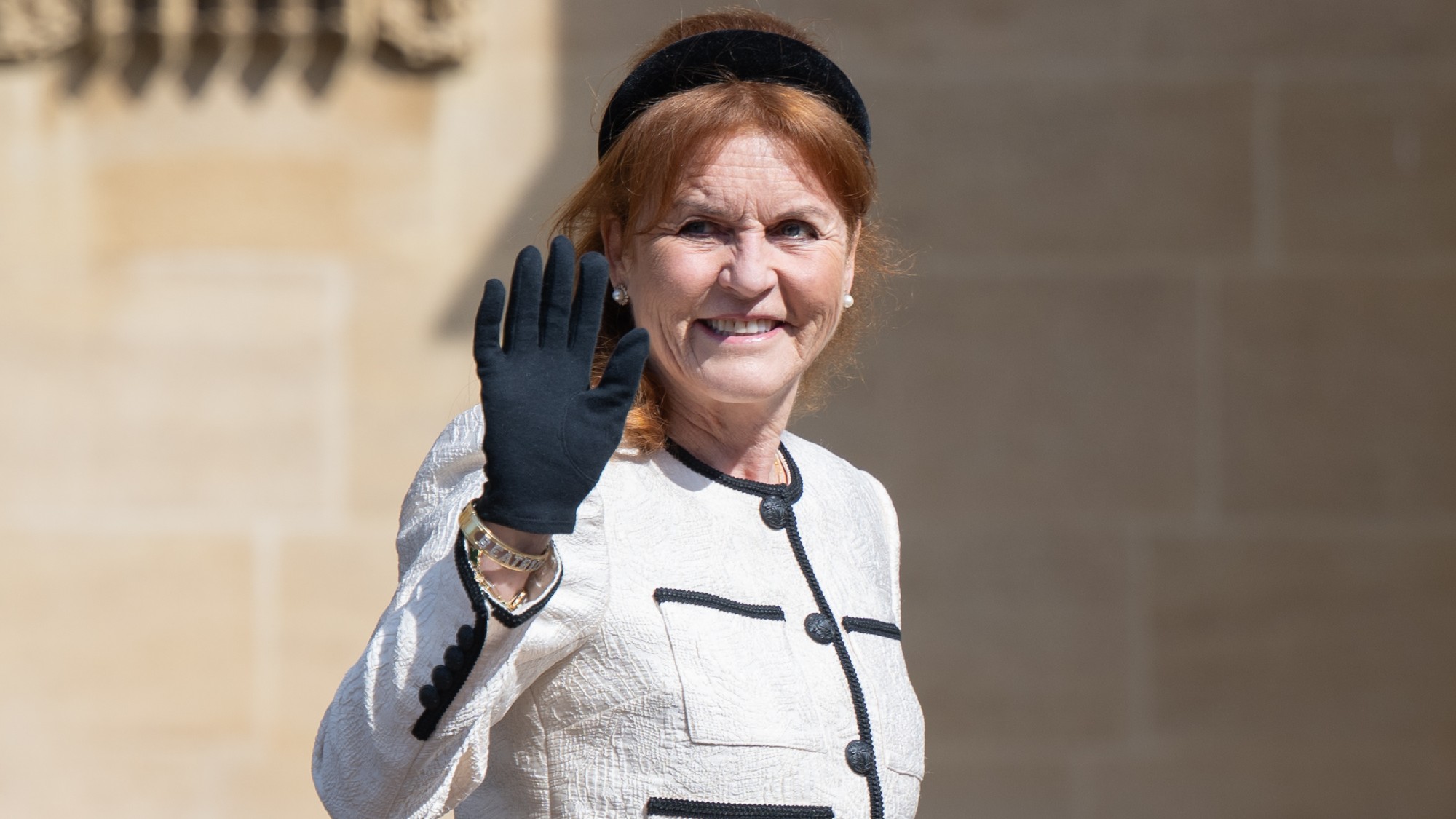 Sarah Ferguson: a reputation in tatters
Sarah Ferguson: a reputation in tattersIn the Spotlight After emails surfaced revealing ties to Jeffrey Epstein, weeks after she claimed to cut contact, her charities are running for the hills
-
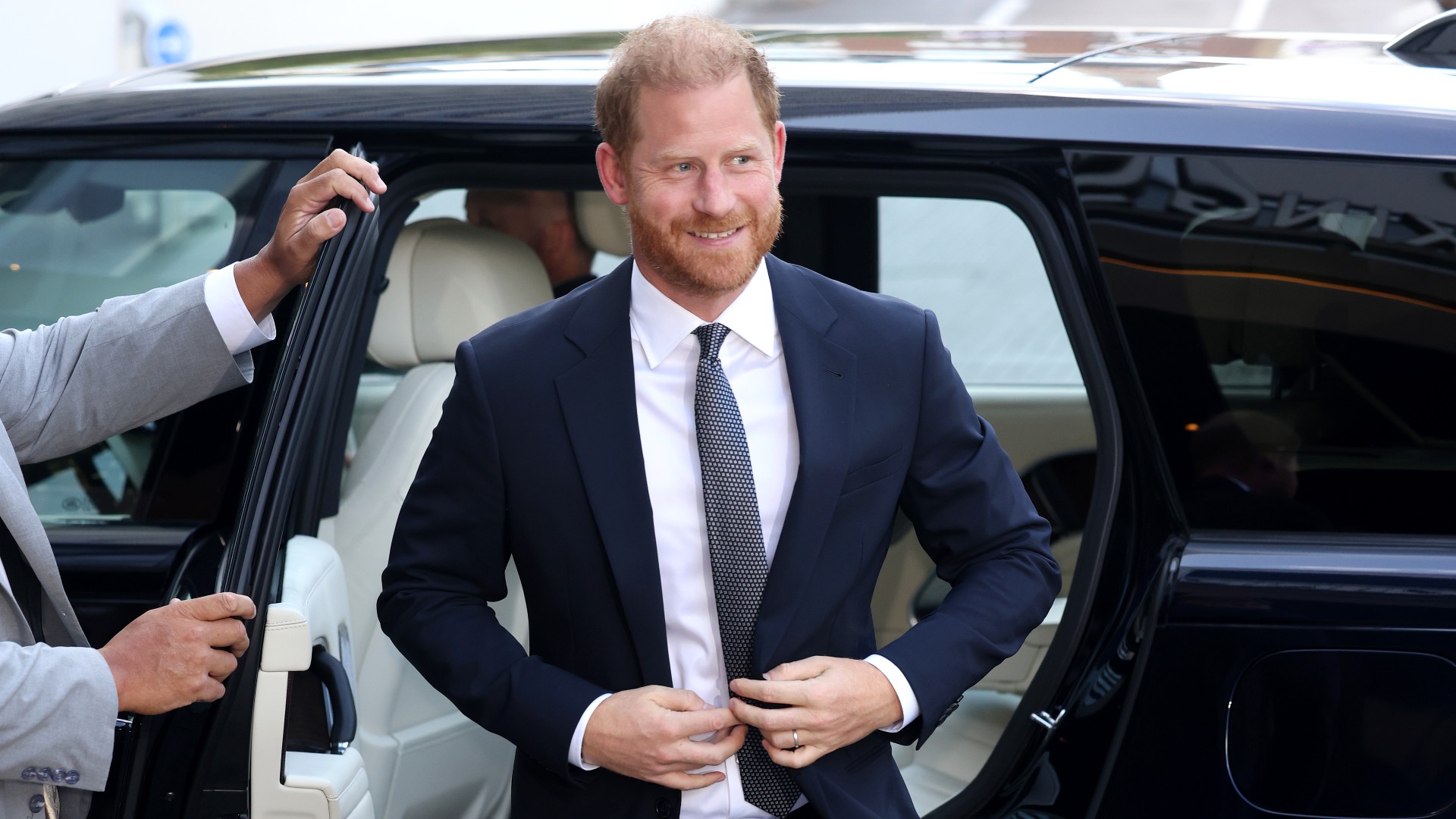 Prince charming: Harry’s tea with King sparks royal reconciliation rumours
Prince charming: Harry’s tea with King sparks royal reconciliation rumoursTalking Point Are the royals – and the UK public – ready to welcome the Duke of Sussex back in?
-
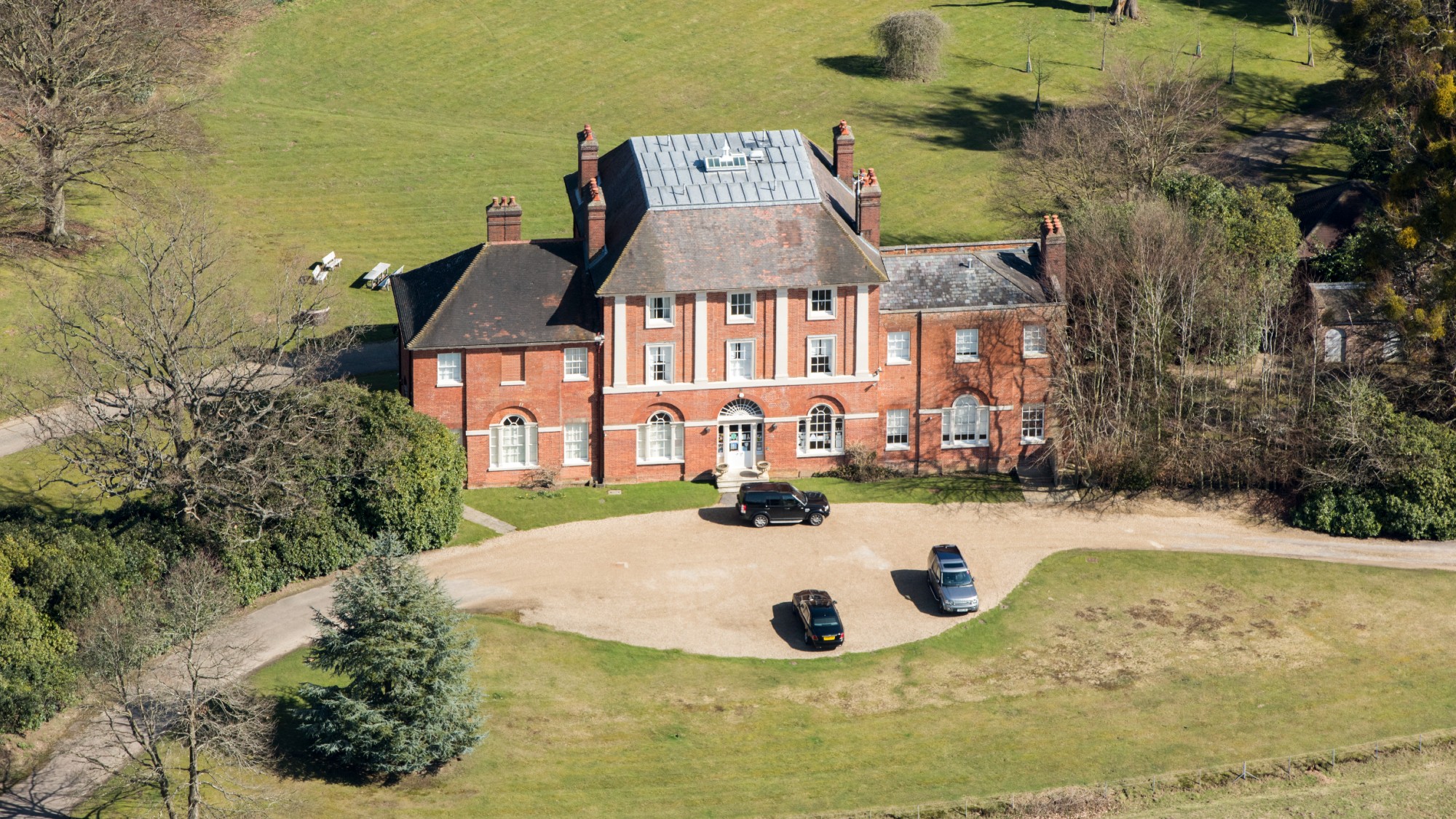 Forest Lodge: William and Kate's new home breaks with royal tradition
Forest Lodge: William and Kate's new home breaks with royal traditionIn the Spotlight Wales' said to hope move to 'forever home' in Windsor Great Park will 'leave unhappy memories behind'
-
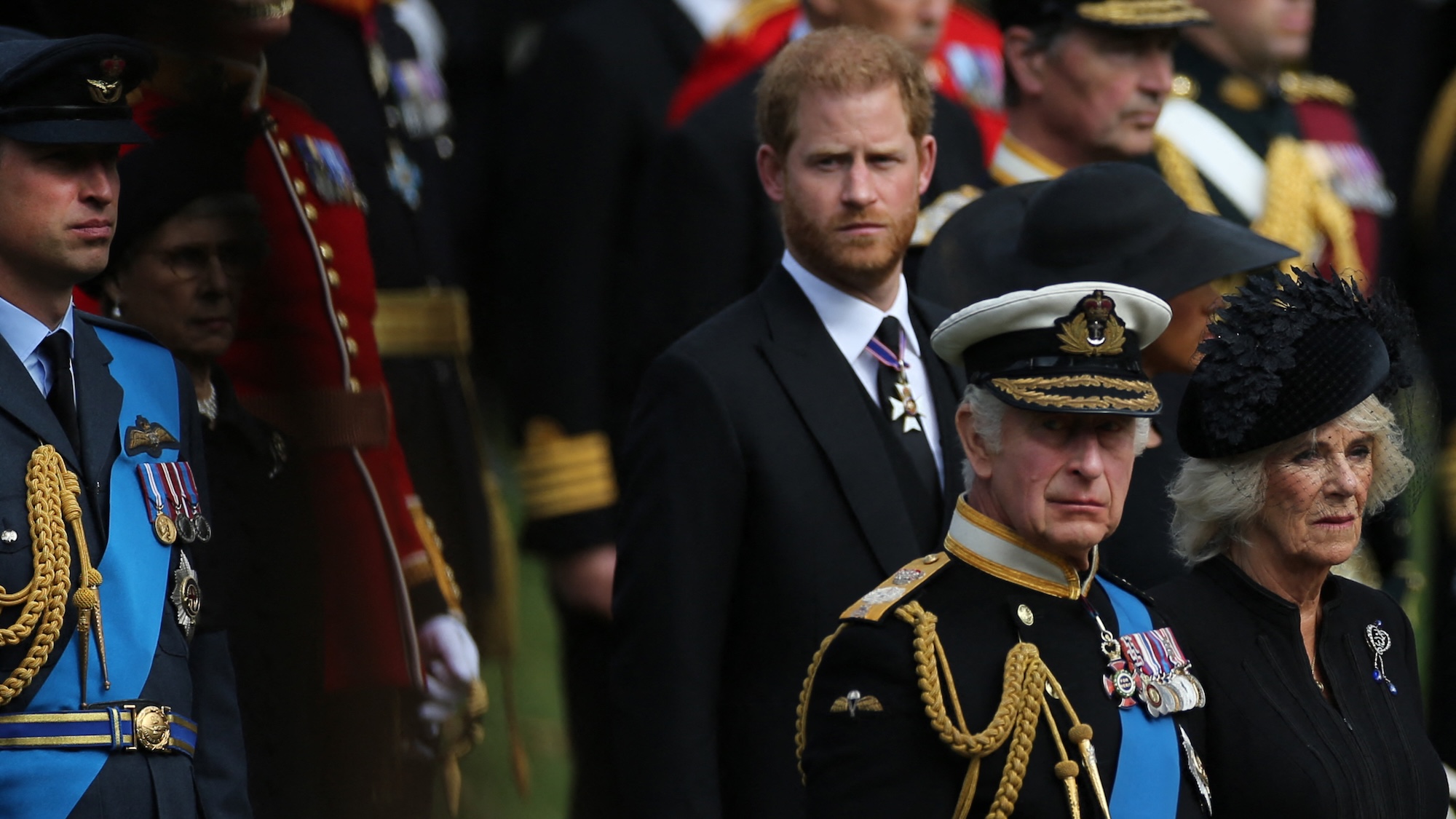 King Charles and Prince Harry: peace in our time?
King Charles and Prince Harry: peace in our time?Talking Point Leaked images of a secret meeting between royal aides suggest a dialogue is beginning to open up
-
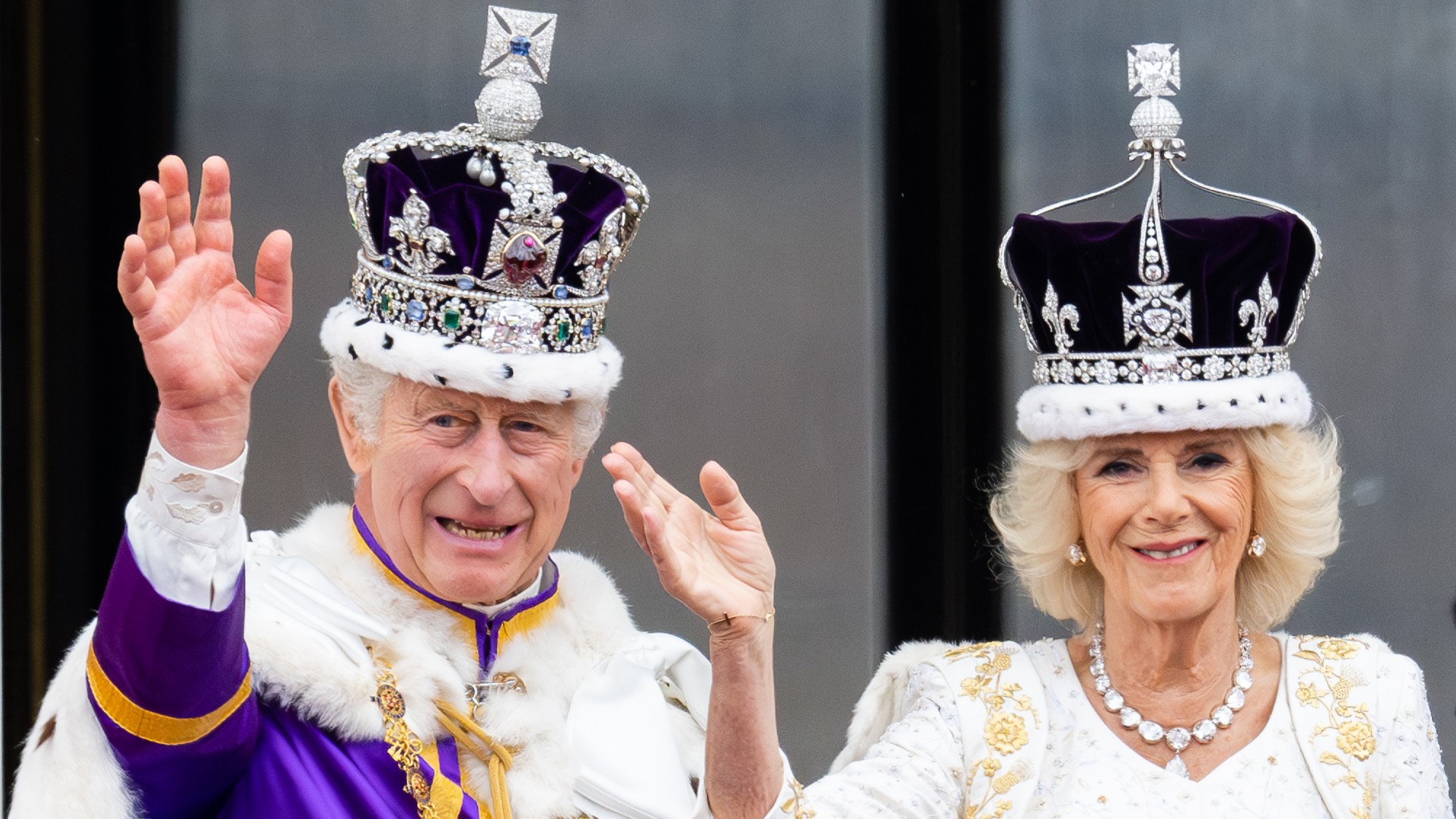 King Charles and the Sovereign Grant: how UK taxpayers fund the monarchy
King Charles and the Sovereign Grant: how UK taxpayers fund the monarchyThe Explainer Royals received £86.3m from government last year – and they are in line for a 50% increase
-
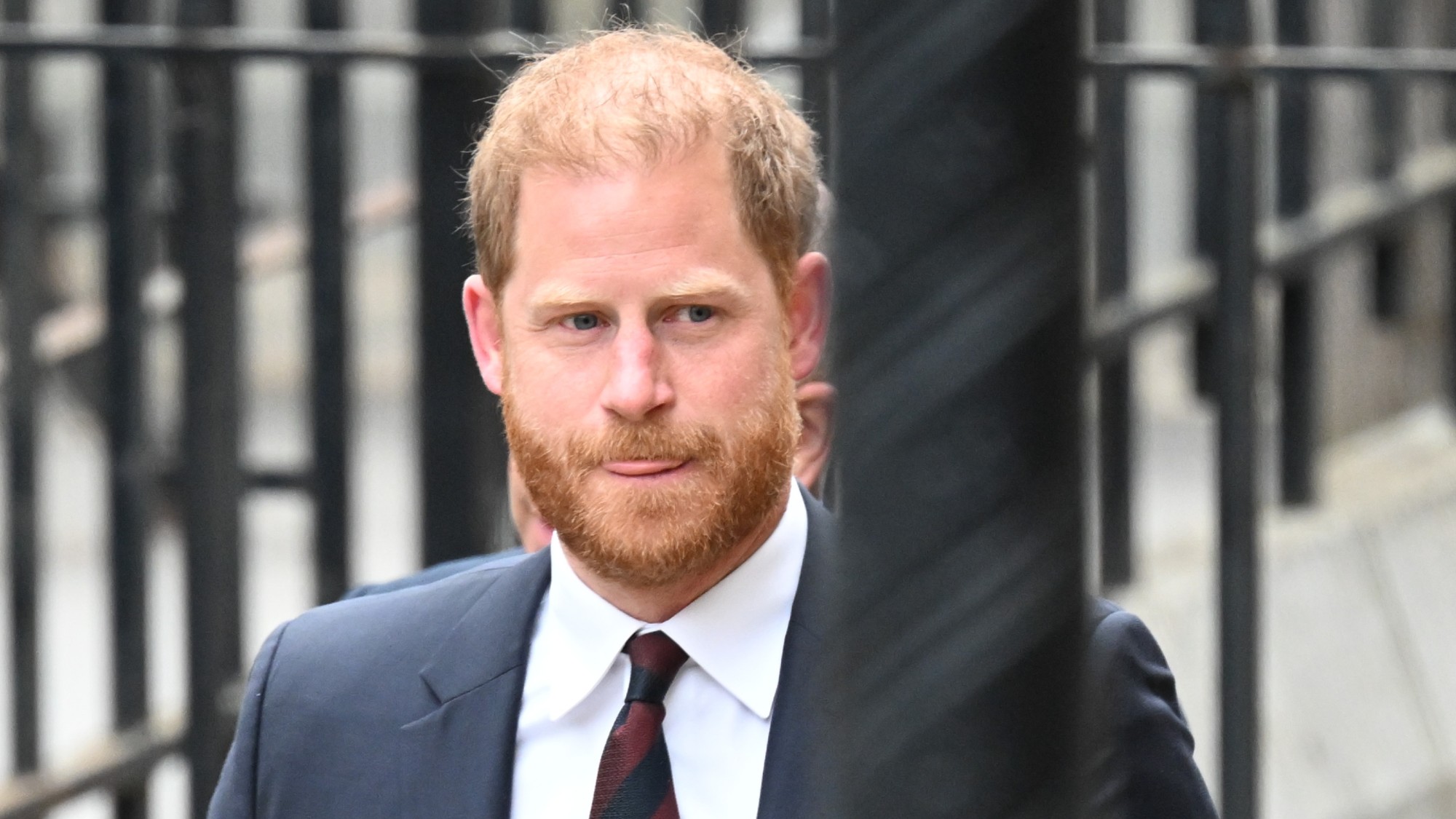 Prince Harry's 'bombshell' BBC interview
Prince Harry's 'bombshell' BBC interviewTalking Point Royal claims he is not safe to visit the UK and fuels speculation over King Charles' health in 'extraordinary' BBC interview